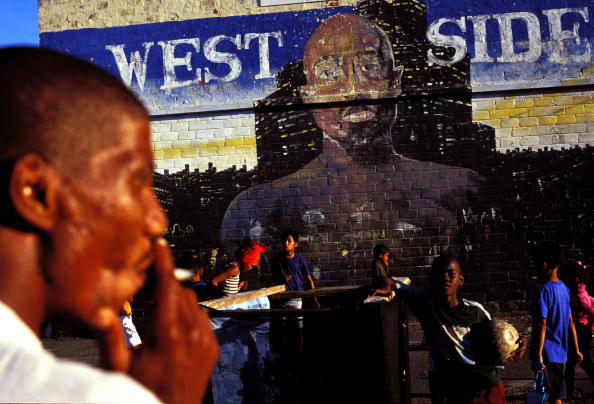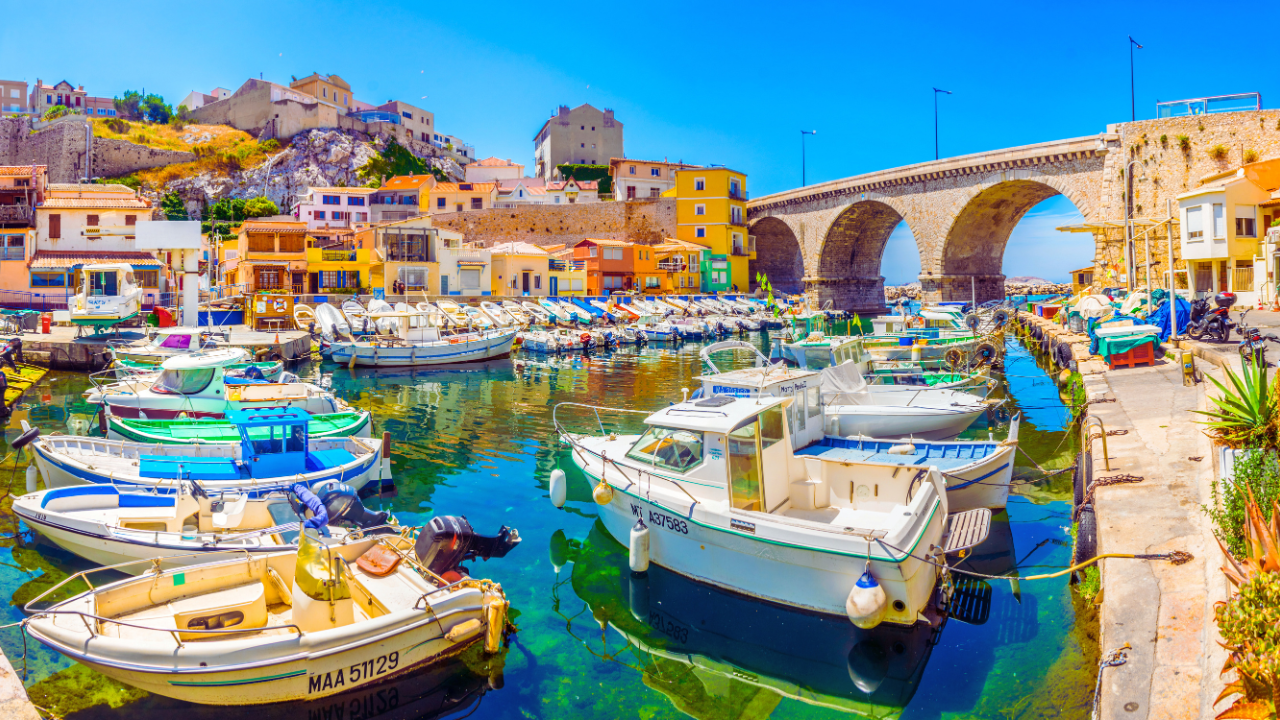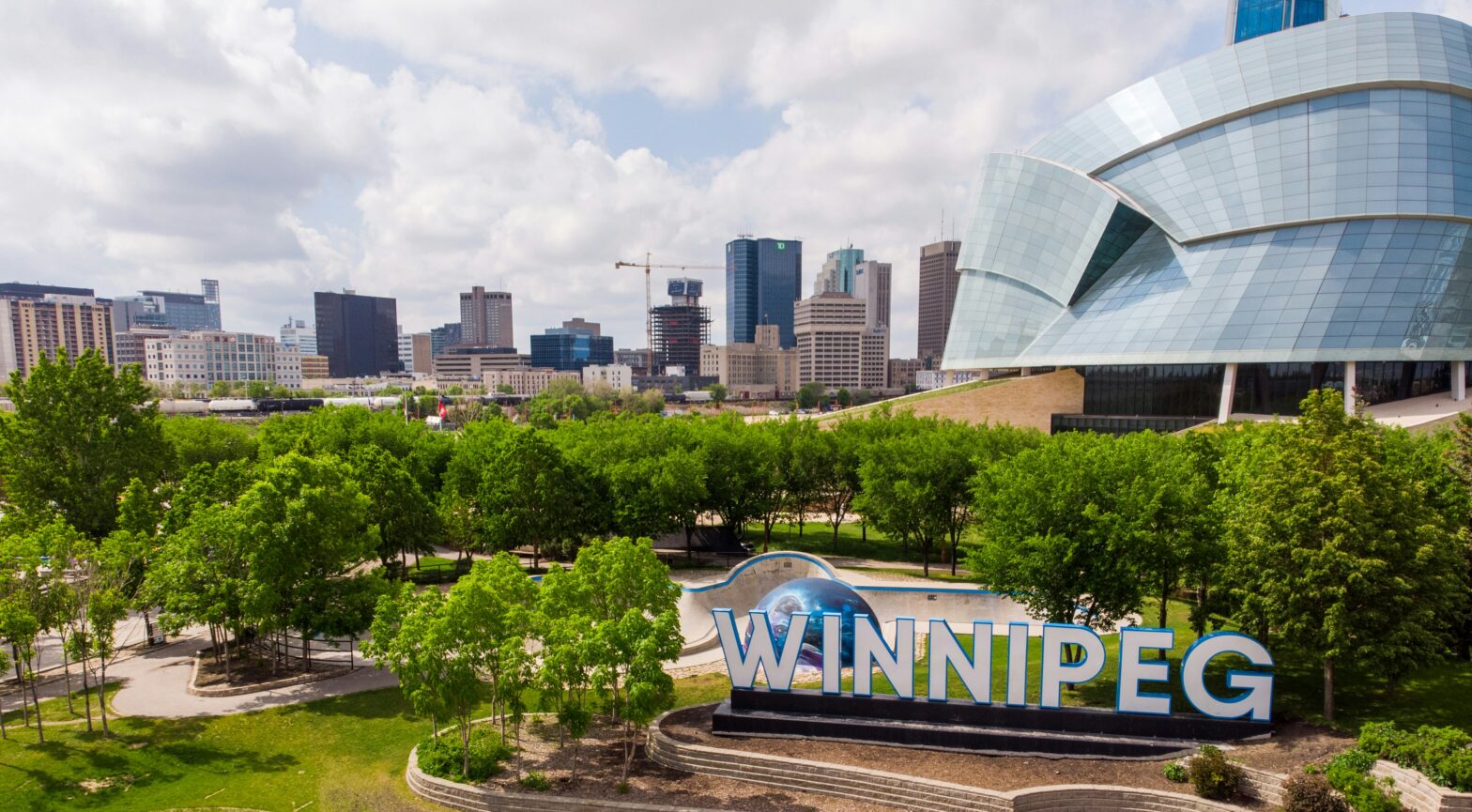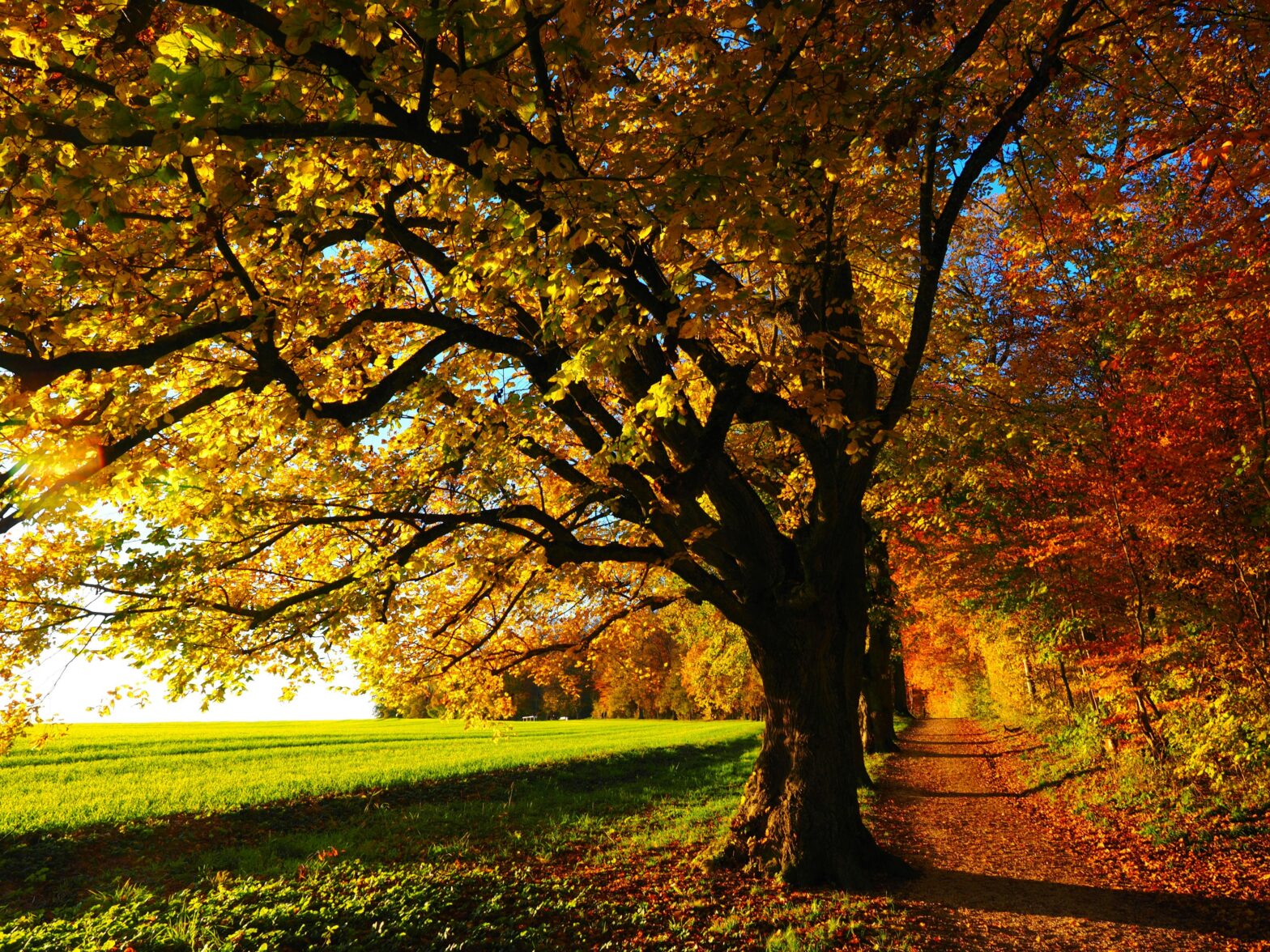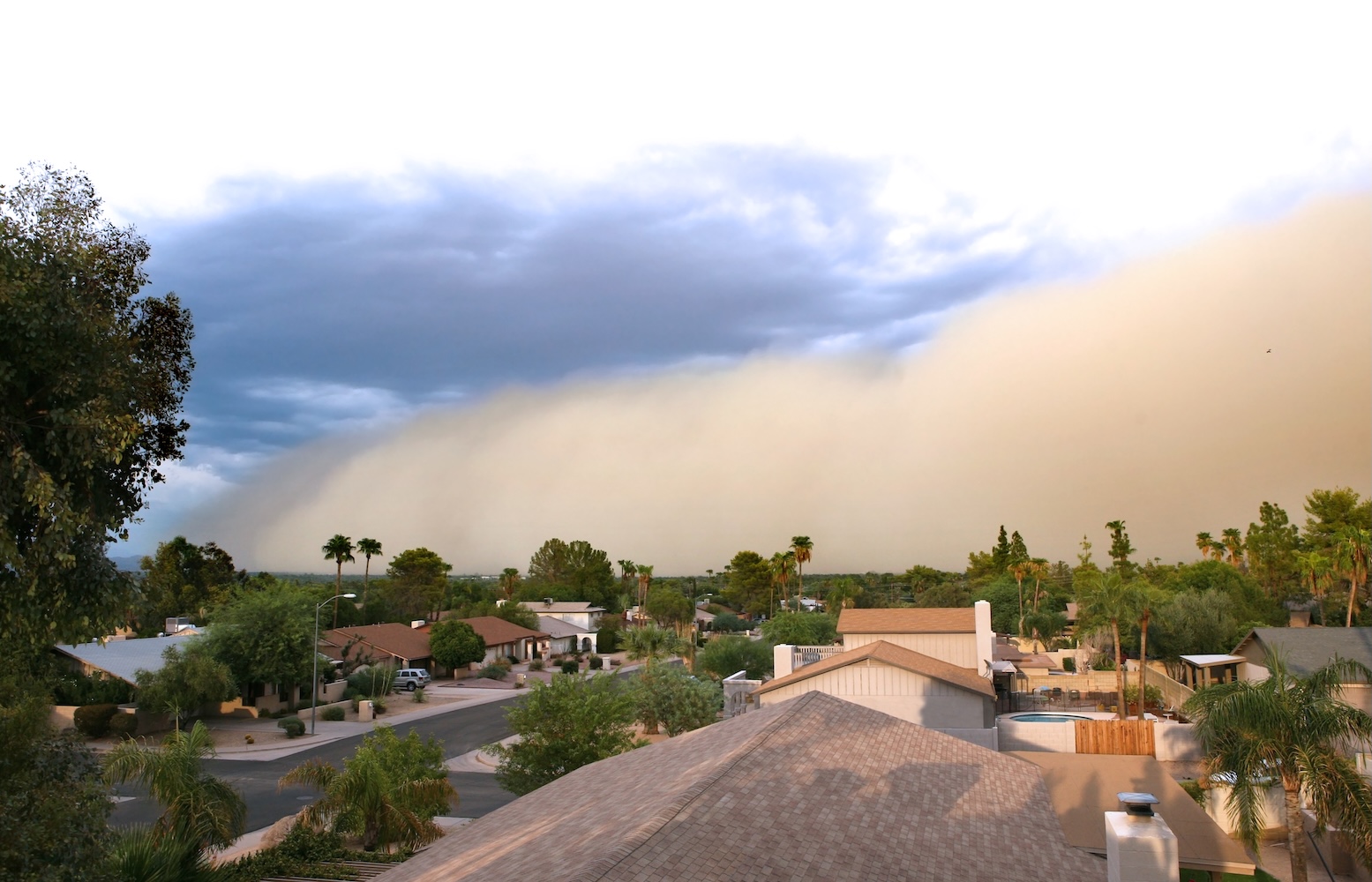In a recent report by the World Bank, South Africa has been termed ‘the most unequal country in the world’ with race being the key factor in the blatant inequality.
“South Africa… is the most unequal country in the world, ranking first among 164 countries,” the Washington-based institution shared in a report ‘Inequality in Southern Africa’.
Once again, South Africa‘s inequality remains the most prominent in the entire world. The Southern African Customs Union (Sacu) region in general is considered to be the world’s most unequal region. This region is compromised of Botswana, Eswatini, Lesotho, Namibia and South Africa.
“Based on Gini coefficients of consumption (or income) per capita, South Africa, the largest country in Sacu, is the most unequal country in the world, ranking first among 164 countries in the World Bank’s global poverty database,” says the report released on 9 March.
In terms of race in South Africa, the report proved that it is an overwhelming influence in its overall inequality. Within wider South African society, it’s clear to see that its “contribution to income inequality amounts to 41 percent, while the contribution of education is reduced to 30 percent.’ the report shares.
South Africa, the rainbow nation, is considered the most unequal country in the world for a number of reasons. Almost three decades after the end of apartheid, the legacy of colonialism remains strong in the country. This can be seen within South African society from the many social ills, sky-high unemployment rate, rampant crime, low levels of education and an all-round more impoverished country, largely following the COVID-19 pandemic.
In order to measure the disparities in income and consumption, the Gini coefficient is used. Zero represents perfect equality and on the contrast 1 or 100% represents perfect inequality. South Africa’s score sits well above 60.
Aljazeera reported that ‘[i]n the region, women earn on average 30 percent less than men with the same level of education with the pay gap as wide as 38 percent in Namibia and South Africa.’ Here the gendered inequality is easily seen almost as much as the ‘uneven distribution of agricultural land which is ‘also a factor driving inequality, especially in rural areas’ shared Aljazeera.
As the most unequal country in the world, South Africa’s ever-present tourism often masks the wider political, social and internal issues that exist. The report detailed that a number of factors make up the wider picture of inequality including health, education, location, disparities in land ownership, social mobility – all of which interact with race in the country.
